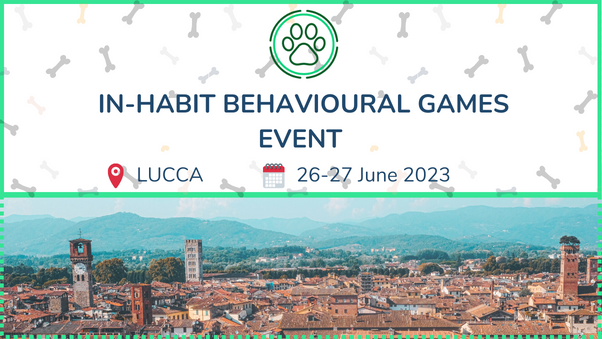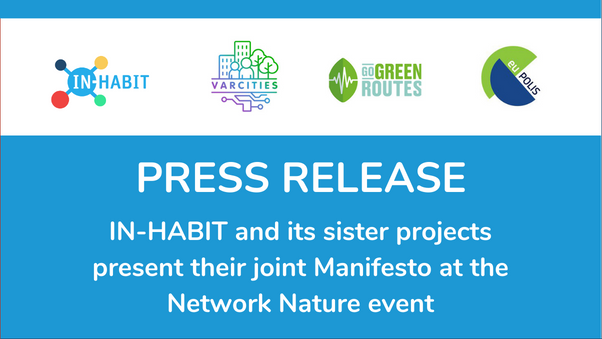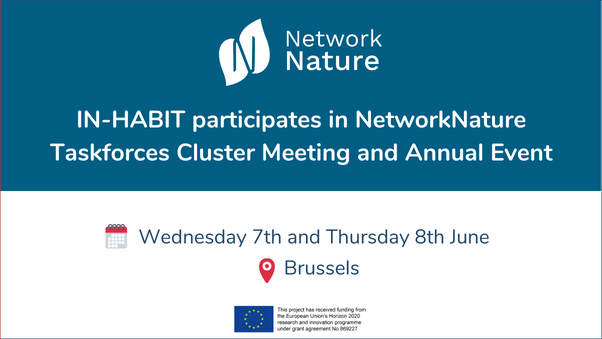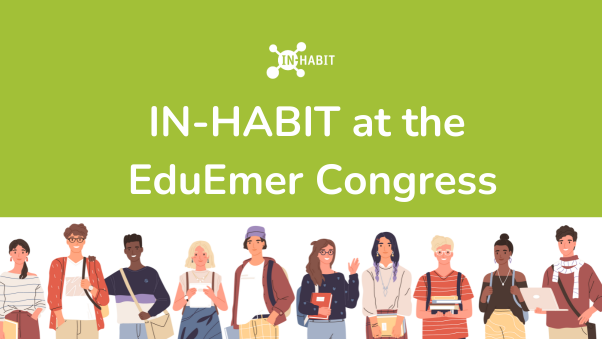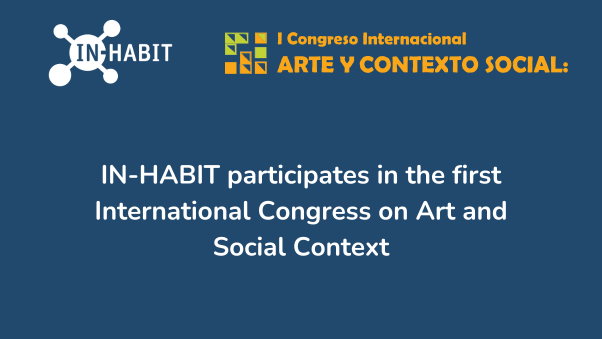News
March 6, 2024
Published on Animals (MDPI) our new scientific article by the University of Pisa “Animals and Cities: A Reflection on Their Potential in Innovating Nature-Based Solutions” is […]
February 29, 2024
On Land Use Policy, volume 139, is published our new scientific article “Perception of green spaces’ role in enhancing mental health and mental well-being in small and […]
February 8, 2024
On the 29th of January The Journal Sustainability published our new scientific article “A Multidimensional Approach to Understanding Food Deserts in Vulnerable Contexts” is a scientific publication […]
January 17, 2024
On the 17th of January all the Project Partners met for the first General Assembly of the year After four months, all the project partners finally […]
June 23, 2023
On the 26th and 27th of June, citizens of Lucca will be able to participate in a survey on the management of public goods in their […]
June 15, 2023
IN-HABIT and its sister projects participate in the Network Nature event in Brussels and present their joint Manifesto during the EU Green Week. Brussels, June 8th […]
June 5, 2023
On the 7th and 8th of June 2023, IN-HABIT partner Book on a Tree will participate in an event focused on Nature-Based Solutions taking place in […]
May 29, 2023
Researcher Isotta MacFadden explains the opportunities and challenges in education for promoting health and well-being in vulnerable contexts Over two days, IN-HABIT researcher Isotta MacFadden participated […]
May 18, 2023
IN-HABIT researcher Isotta MacFadden participates in the 1st International Congress on Art and Social Context to explain the case study in Las Palmeras. Isotta MacFadden, a […]





